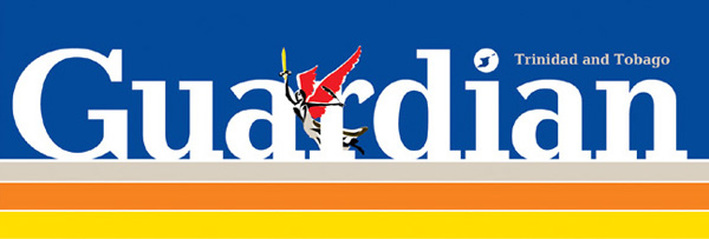With wall-to-wall cable and internet coverage, the made for TV debate was a far bigger draw than our own local political duels. However, the essence of the politics was the same as we have here between our Prime Minister and the Leader of the Opposition, or their proxies—a schoolyard squabble that translates into little real political choice or differences at the ballot box.
To mask the small substantive difference between politicians in two-party systems, a description is peddled that between both these and other political opponents there are vastly different choices on offer. And the political options presented to us are as stark as choosing between a friend or enemy.
This binary of “either you’re with us or against us” isn’t new. George Bush I and II were fans, as is our present Minister of National Security. And throughout society you can see this cultural logic all around. Poor vs rich. Black vs white. Man vs woman. Young vs old.
Such combative thinking is quite normal and far from unusual. A “battle” is how many perceive and understand politics. A battle mostly waged in absolutes. You are either right or wrong. But that is just the spectacle. And there’s the trick. We experience politics as though it is a matter of stark choices between different alternatives. It could be; but generally it isn’t—society just rolls on.
In the UK and US people vote for two wings of the same class party, while in Trinidad and Tobago many point out our party politics and behaviour are determined by race and ethnicity. Supposedly, we all ignore the issues under debate and only vote according to our personal bonds to one of the two main parties, each of which historically represents either Afro-Trinbagonians or Indo-Trinbagonians.
The choice is still a binary—and in many ways we are still voting for two wings of the same class party. A PNM government supports certain people while a UNC government supports other people. Yet in either government it is always a small minority rather than the masses that profit. A similar situation can be said to exist in modern politics in the UK and US too.
In CLR James’ classic The Black Jacobins we are reminded that while politics is much more complicated than binaries, it will still be reduced to them. In James’ account of events in Saint Domingue there were many more factions than black and white. And it is the lack of political solidarity between the multiple factions that allows a powerful minority to have its way.
It is the same in modern politics. There are many more factions than a two-party system accommodates, many more interests than two poles within one large political class could ever accommodate. And as James showed off L’Ouverture, for social change to have a chance, a common cause or bond must be found to unite the many across their differences.
L’Ouverture tried to unite people across race and class with the idea of a universal humanism and liberty far superior and more inclusive than that of the American or French constitutions. We all know how that turned out for him. That should not take away that he understood the question of solidarity across races and ethnicities is imperative if the majority is going to live well together and develop transformative class politics.
Lloyd Best once proposed the term “automatic solidarity.” He asked, what is the response of people who have been transplanted from many different places and forced to wear the straitjacket of slavery, indenture and colonialism? His answer was that on arrival to Trinidad and Tobago those who had been brought had to make a new home. And for Best we did just that. He made the point that those in the straitjacket formed many different bases of automatic solidarity upon which to found a sense of belonging: ethnicity, class, race, religion, tribe, clan, homeland and more. They were different bases that would later organise and connect into a nation.
Watching Obama and Romney debate was a straightforward demonstration of modern politics today. Producing “enemies” and divisions is lot more important to the status quo than fighting for solidarity and common cause across our differences.
http://guardian.co.tt/columnist/2012-10-21/friend-or-enemy

 RSS Feed
RSS Feed